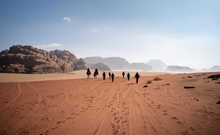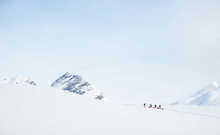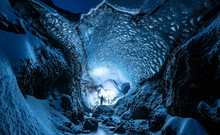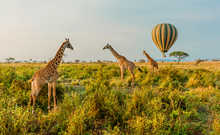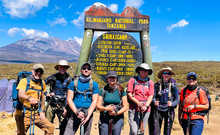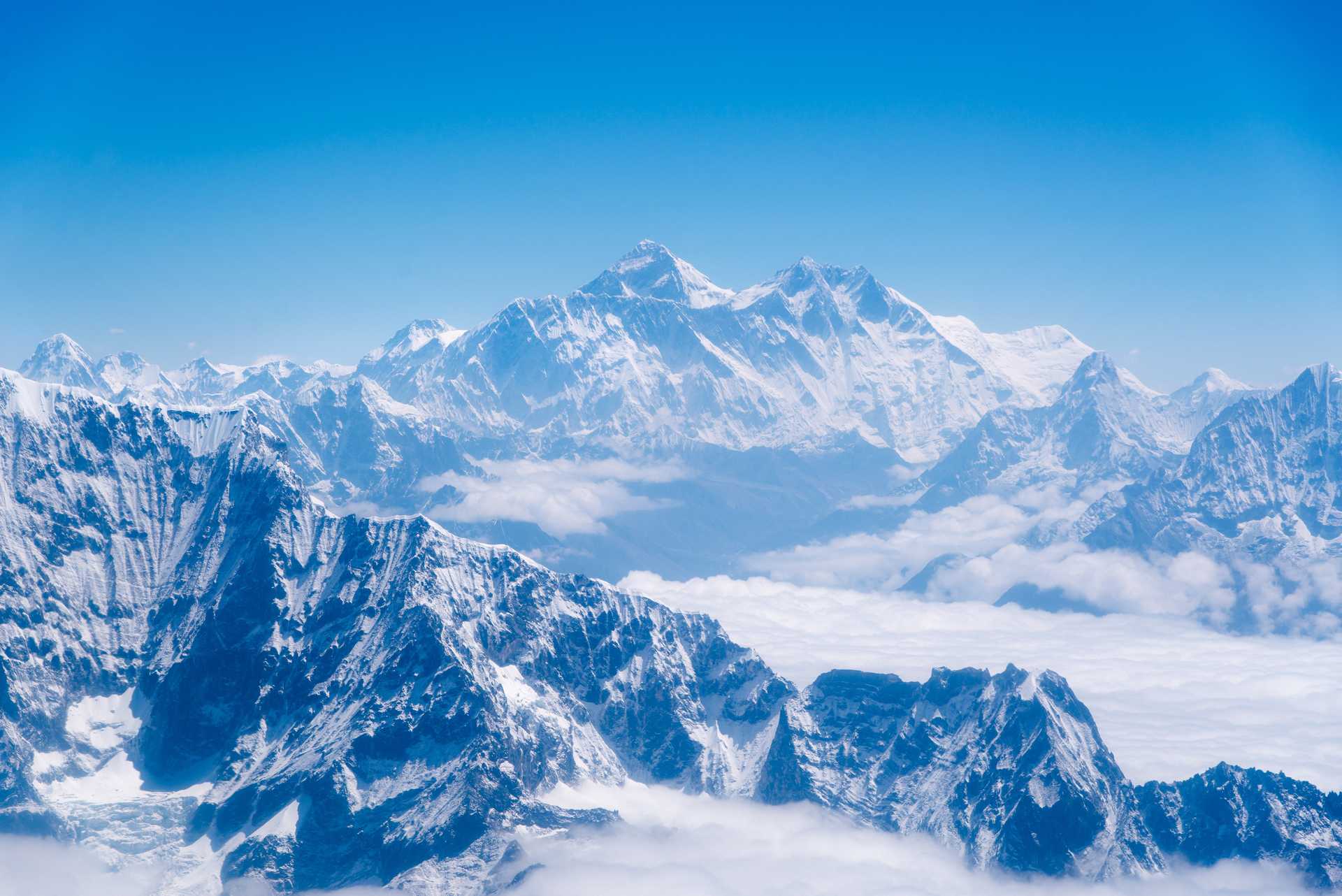Why is Everest called Mount Everest?
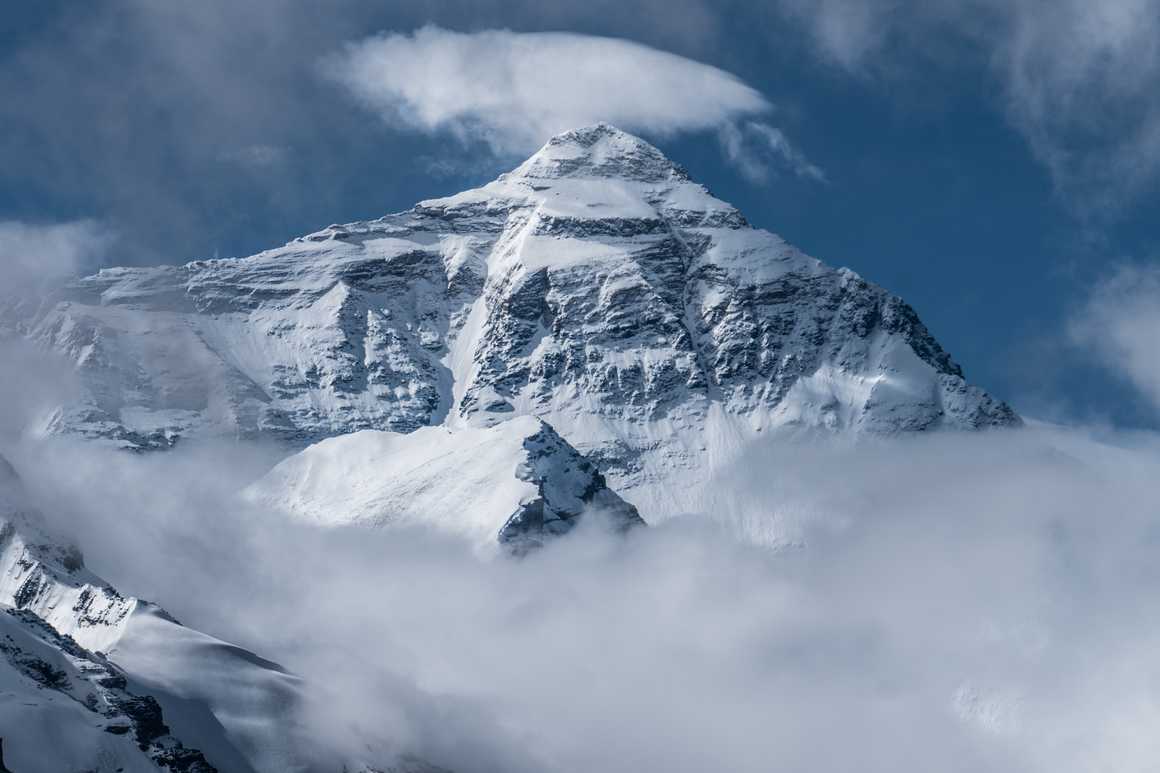
At the same time, this high peak was known locally as Qomolangma or Chomolungma in Tibetan - ‘the mother goddess of the world’ or ‘holy
mother’.
The Chinese name for
Everest was Shèngmǔ Fēng, which means, ‘holy mother peak’.
At the time of this discovery Nepal
refused to admit the British surveyors conducting the survey so observations
had to be made south of Nepal to confirm the new status of the highest mountain
in the world.
Following the survey findings, it was suggested by the
current Surveyor General of India, Andrew Waugh, to name if after his
predecessor, George Everest. Colonel George Everest was a respected surveyor
who favoured local place names over renaming using western names. He initially
objected to naming this high peak after himself, but it was proving difficult
to get into Nepal to find out the local name of this huge mountain.
In 1865 the Royal Geographical Society officially recorded
the name of the tallest mountain in the world Mount Everest, forever
immortalising George Everest for posterity.
